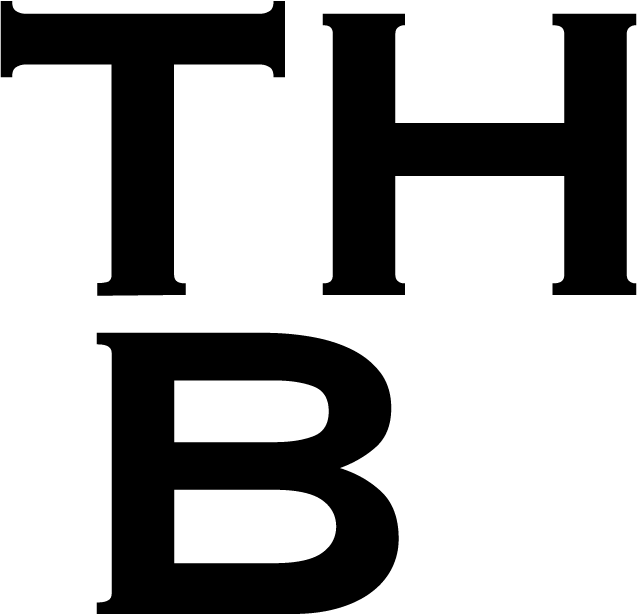
On smart education (part IV)
From Big Data to Relevant, Rich and Real-Time Data
this post is part of a white-paper
Let’s start with a little disclaimer:
I would like to make it clear that I do not see or define education as ”luxury good”, but as a needed basic human right that should be available for everybody and at all times. On the other hand, intellectually and for my job as an “education worker” I do find it very interesting to look at Higher Education through new prisms and to sometimes radically shift paradigms: Trying to bring certain thoughts or concepts, usually linked with Luxury Goods or Fashion, towards education are a thrilling exercise and results have been very positive so far.
As a second disclaimer, I do not publish my proposal for transformation in the educational field because of the current sanatory crises. The reserach has been compiled before and the proposals have already been successfully applied during my work as dean. The violent changes in our environment, be it professional, educational or private, due to Corona have just shown how important and needed these proposals could be for other schools.
I therefore continue to share approaches for a transition that are part of a bigger project. After “From Disruption to Agility”, “From Student-first to Faculty-first” and “From Linear Cooperation to Hybrid Collaboration”, this fourth part is all about data.
My Data is bigger than yours…
Big Data is another word in everybody’s mouth. The concept has mainly worked to satisfaction for data generated by non-human entities such as the weather, plane engines, farming equipment, and inanimate sources et cetera. However, for the consumer- or luxury-goods-brands, as well as for providers of education, Big Data is a failure. For business models that are nearly exclusively based on building humanistic, individual and long-term relationships, Big Data does not seam to make a huge difference, often quite the contrary.
“More data beats clever algorithms, but better data beats more data.”
Peter Norvig, Director of Research at Google
Research proves the assumption that relevant customer data at most companies is either missing, dirty, incomplete, obsolete or all of it at once. The opportunity is therfore not Big Data, but Relevant, Rich and Real-time Data (Luxury Institute’s 3Rs of personal data).
Education is not about Data, but Trust
Similar to the business sector of Luxury goods, Higher Education is not really run by data, but undeniably by trust, multilayered trust with a multitude of stakeholders.
Trust with verification is what inspires and empowers the willingness of prospects, students and alumni to share their personal relevant, rich and real-time data with the school (GLEN, 2020). I am convinced that the decision and action to enroll into an program of Higher Education (certifying or not) at a known university involves high value, high risk, high investment and high emotion, therefore giving schools the unique opportunity to bypass digital platforms. They should engage their students directly and as personally as possible in an open and honest dialogue regarding data sharing, and, with consent, test and learn their way to demonstrating the value they can generate with Advanced Personalization. Without a new individual prospect-student-alumni-controlled and led direct data sharing process, provider of Higher Education will never have the opportunity to empower individual customer-data and generate an enormous amount of mutual value (GLEN, 2020).
References:
Globe Newswire, The 7 Rules For Reinventing Your Luxury Business Model Post Pandemic. (28.04.2020), Bloomberg
Illustration after “Fat Car” sculpture by Erwin Wurm, 2005

